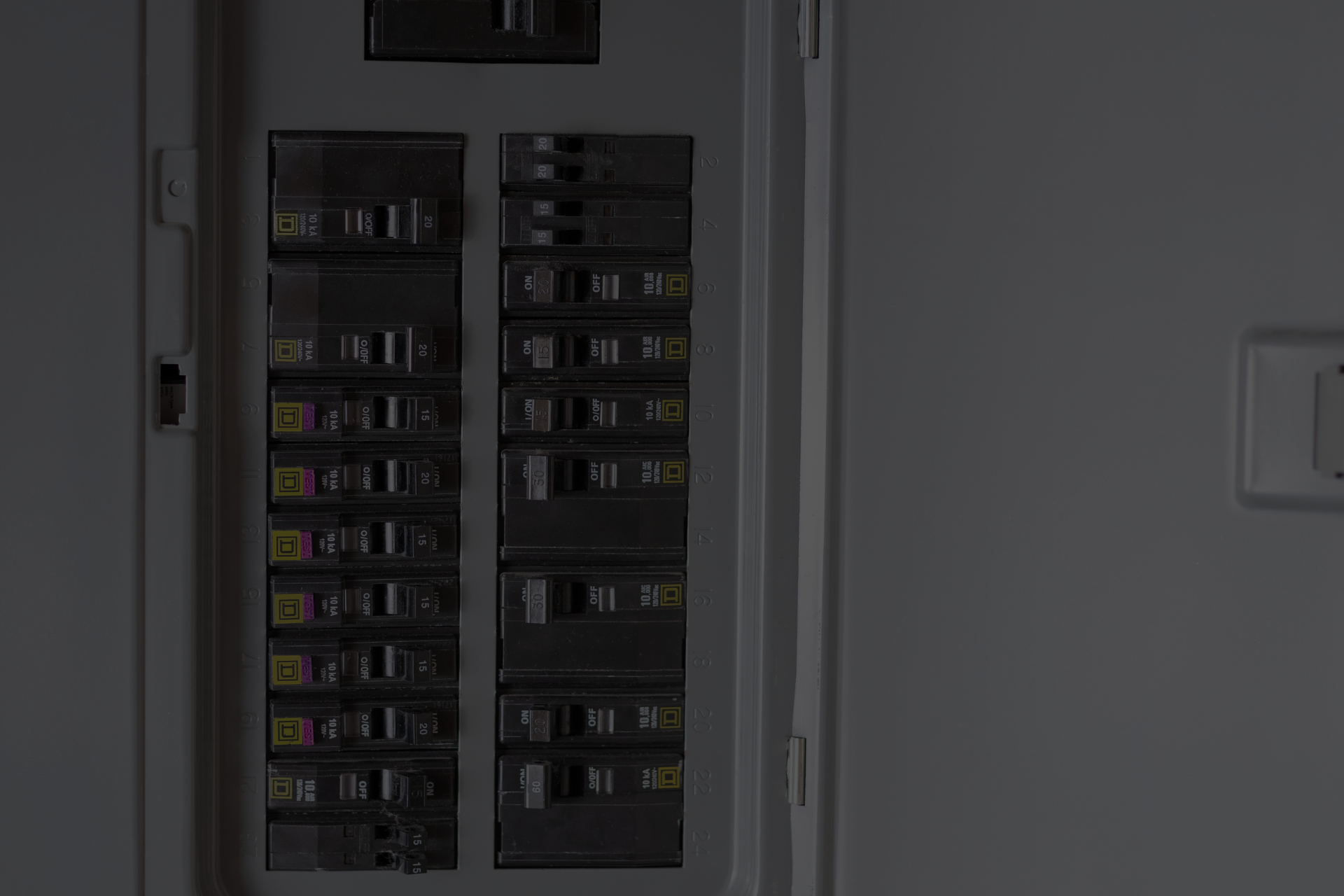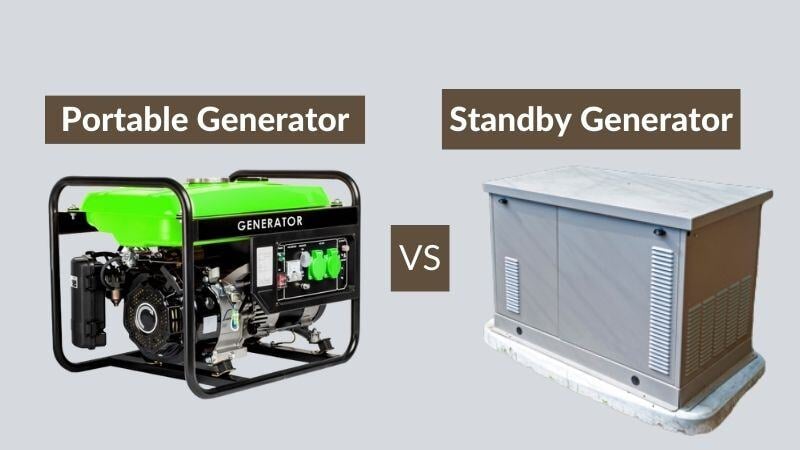Florida homeowners know that power outages are more than a minor inconvenience. From hurricane-related blackouts to unexpected utility failures, having a backup power system can make all the difference in safety,...
What Is a Panel Change and How Do I Know If My Home Needs One?
- Costs, Panel Replacement
- |
- November 1, 2024

What is a Panel Change and Does My Home Need One?
When it comes to your home's electrical system, the main service panel (also known as the breaker panel) is at the heart of everything. It distributes electricity throughout your home and helps protect you from potential electrical hazards by shutting off power if there’s an overload or short circuit. But what happens when that panel is no longer doing its job properly? That's where a panel change comes into play.
In this blog post, we'll break down what a panel change is, the signs you may need one, and why it's important for your home's safety and functionality.
What Is a Panel Change?
A panel change (sometimes referred to as a service panel upgrade) involves replacing your existing electrical panel with a new one. This is usually done to either upgrade an outdated system or to meet the increased electrical demands of modern homes. Think of it as upgrading from a two-lane road to a four-lane highway — it allows more electricity to flow efficiently and safely through your home.
During a panel change, a licensed electrician removes the old panel and installs a new one that meets current electrical codes and safety standards. This process ensures that your home's electrical system can handle your energy usage and that it's equipped with the latest safety features, such as circuit breakers that respond more effectively to electrical issues.
When Should You Consider a Panel Change?
There are several key reasons why you might need to consider changing your electrical panel:
-
Your Home Has an Old Fuse Box
If your home was built several decades ago, it may still have a fuse box instead of a modern breaker panel. While fuse boxes were common in older homes, they can be less safe and efficient by today's standards. A panel change can upgrade your system to one with modern breakers, offering better protection and reliability. -
Frequent Breaker Trips
Do your breakers trip frequently? This could be a sign that your current panel is overloaded or unable to keep up with your home's electrical demands. A panel change allows for an increase in electrical capacity, which helps prevent those annoying (and potentially dangerous) trips. -
Home Renovations or Additions
If you're adding new appliances, expanding your home, or even building a new outdoor living space, you may need more electrical capacity. A panel upgrade provides the necessary electrical power to support your new needs without overloading your system. -
Burning Smells or Scorch Marks
Any signs of burning smells or scorch marks around your electrical panel are serious red flags. These can indicate overheating or potential electrical fire risks, making a panel change an immediate priority for your family's safety. -
Outdated Panel Models
Some older electrical panels, such as certain models from brands like Federal Pacific or Zinsco, have been known to have safety issues. If your home has one of these outdated panels, it's highly recommended to replace them to ensure your electrical system is up to code and safe.
Why a Panel Change is Important
A panel change does more than just give your home the electrical boost it needs — it also plays a critical role in protecting your home from electrical hazards. An old or overloaded panel is more likely to fail, leading to risks such as electrical fires, appliance damage, or even electrical shock.
Additionally, upgrading your panel can improve your home’s energy efficiency. By allowing electricity to flow more smoothly and reliably, your appliances will run more efficiently, and you'll experience fewer issues with flickering lights or power outages.
Final Thoughts
A panel change might not be the most exciting home improvement project, but it's one of the most important when it comes to the safety and functionality of your electrical system. Whether you're upgrading to meet modern electrical demands or replacing an outdated system, making the switch can provide peace of mind and long-term benefits for your home.
If you’re unsure whether your home needs a panel change, it’s always a good idea to consult with a licensed electrician. They can evaluate your system, identify any potential issues, and recommend the best course of action to keep your home running safely and efficiently.
From the blog



